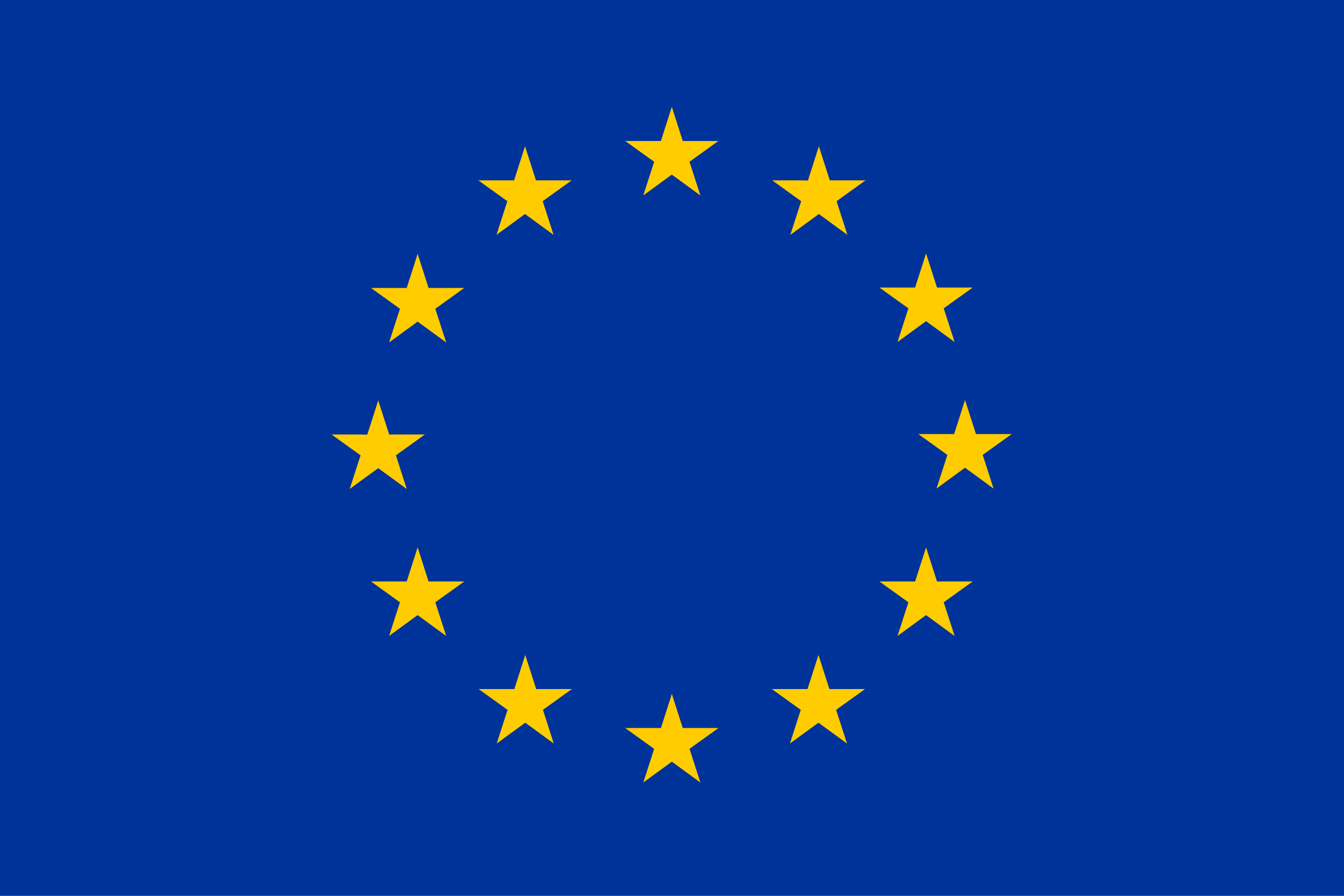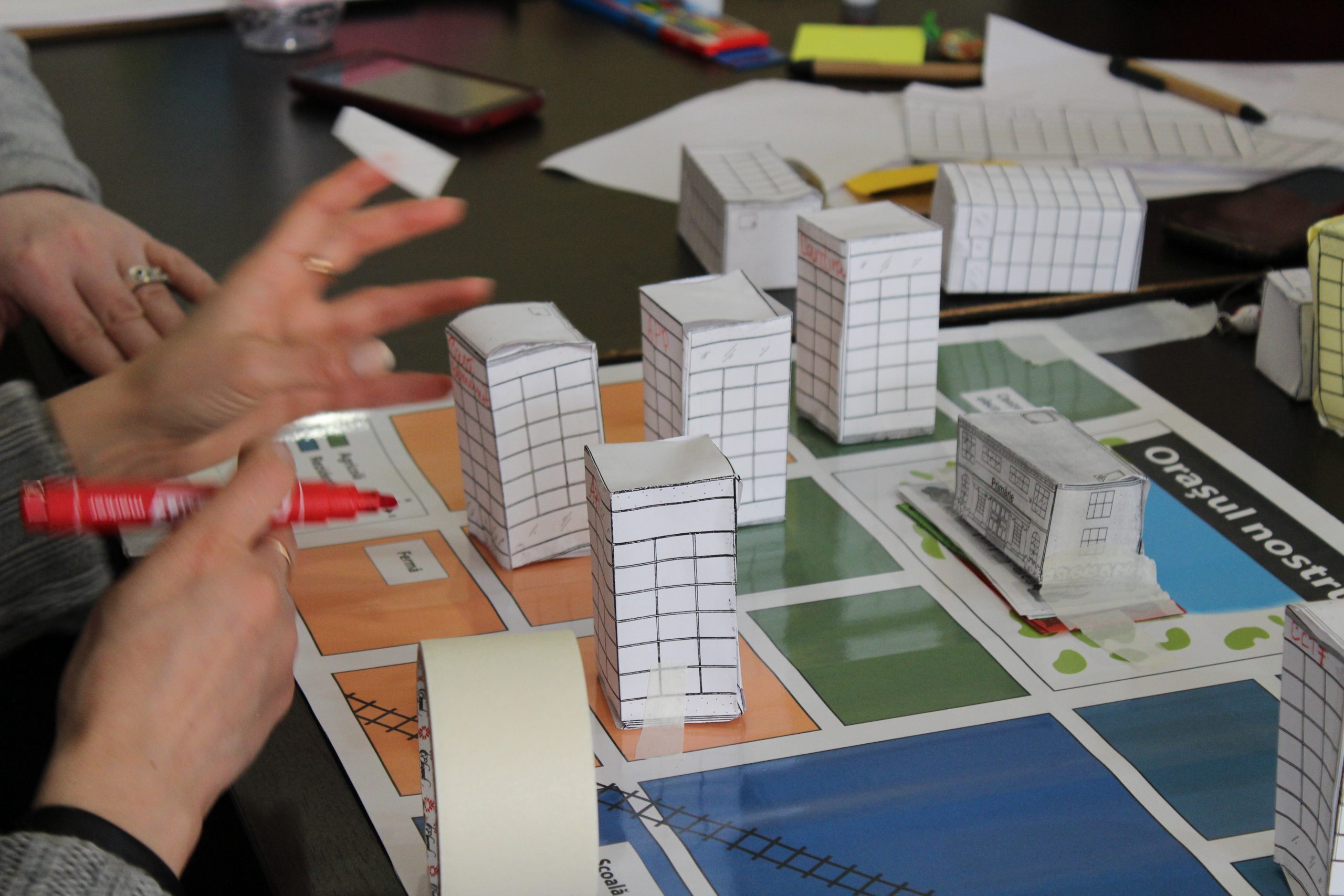by George Chanturia, Local Correspondent from Georgia.
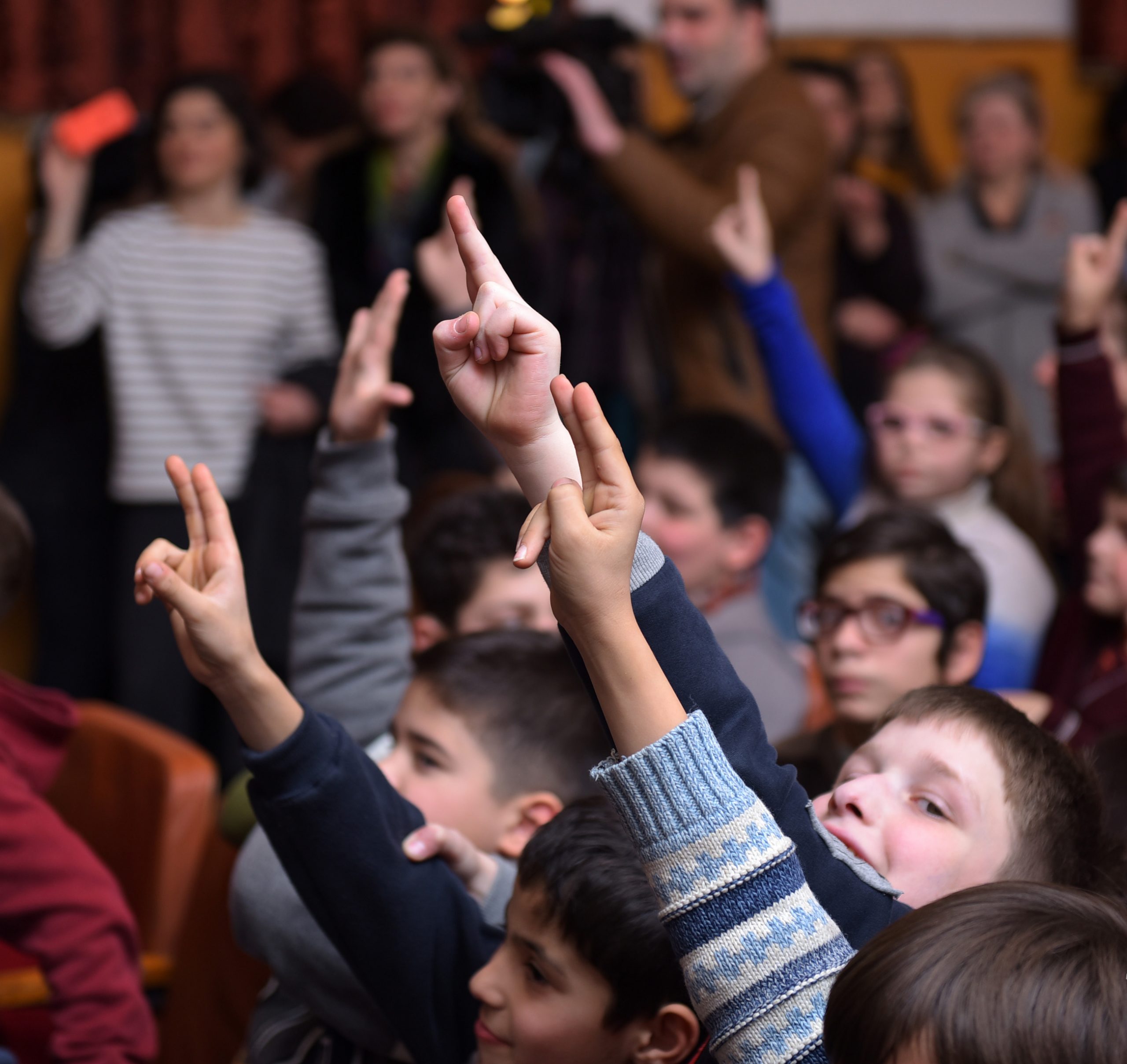 As it is widely known, due to COVID19, schools and kindergartens stopped working since March 2020 in many parts of the world. In Georgia, all 1,621 preschool and 2,300 general education institutions were closed. Around 164,605 preschool age children and 592,000 school students of all ages stayed at home for an indefinite time. Even though schools have tried to adapt to the new realities, the transition to online teaching and learning was problematic both technologically and pedagogically.
As it is widely known, due to COVID19, schools and kindergartens stopped working since March 2020 in many parts of the world. In Georgia, all 1,621 preschool and 2,300 general education institutions were closed. Around 164,605 preschool age children and 592,000 school students of all ages stayed at home for an indefinite time. Even though schools have tried to adapt to the new realities, the transition to online teaching and learning was problematic both technologically and pedagogically.
Unfortunately, currently, there is a lack of scientific consensus about the impact of school closures and re-openings both on students and parents. However, it can be said for sure that the gap in learning is going to have dramatic implications for the development of children and adolescents.
In order to mitigate the harm done by the pandemic, the government came up with the TV School project streaming classes through the Georgian Public Broadcaster (by the way, you could watch my classes, as well). Other than that, Microsoft Teams and other Microsoft products became available for schools. Nevertheless, as research shows, teachers have difficulties in acquiring technology skills. More importantly, distance learning requires serious training, understanding its methodological and practical aspects, which is problematic for teachers, as well. That is why and because of many other reasons, we can say that the harm done by the pandemic is very serious and it needs to be assessed.
Anyways, the past is the past and hopefully, we can learn from it. Today, we are preparing for the new semester, new academic year. Today, the Ministry of Education, Science, Culture and Sport of Georgia published the regulations that need to be followed during school re-opening.
Internationally, most models of school re-opening involve:
- Reductions of class size
- Increasing physical distance between students
- Keeping students in pre-defined groups with limited interaction between groups
- Staggering the start, stop, and breaktimes within the school
- Alternate shifts (morning, afternoon) or alternate days
- In some countries, face masks are required for students
- Some countries have maintained relatively normal school schedules and tried to minimize the size of classes.
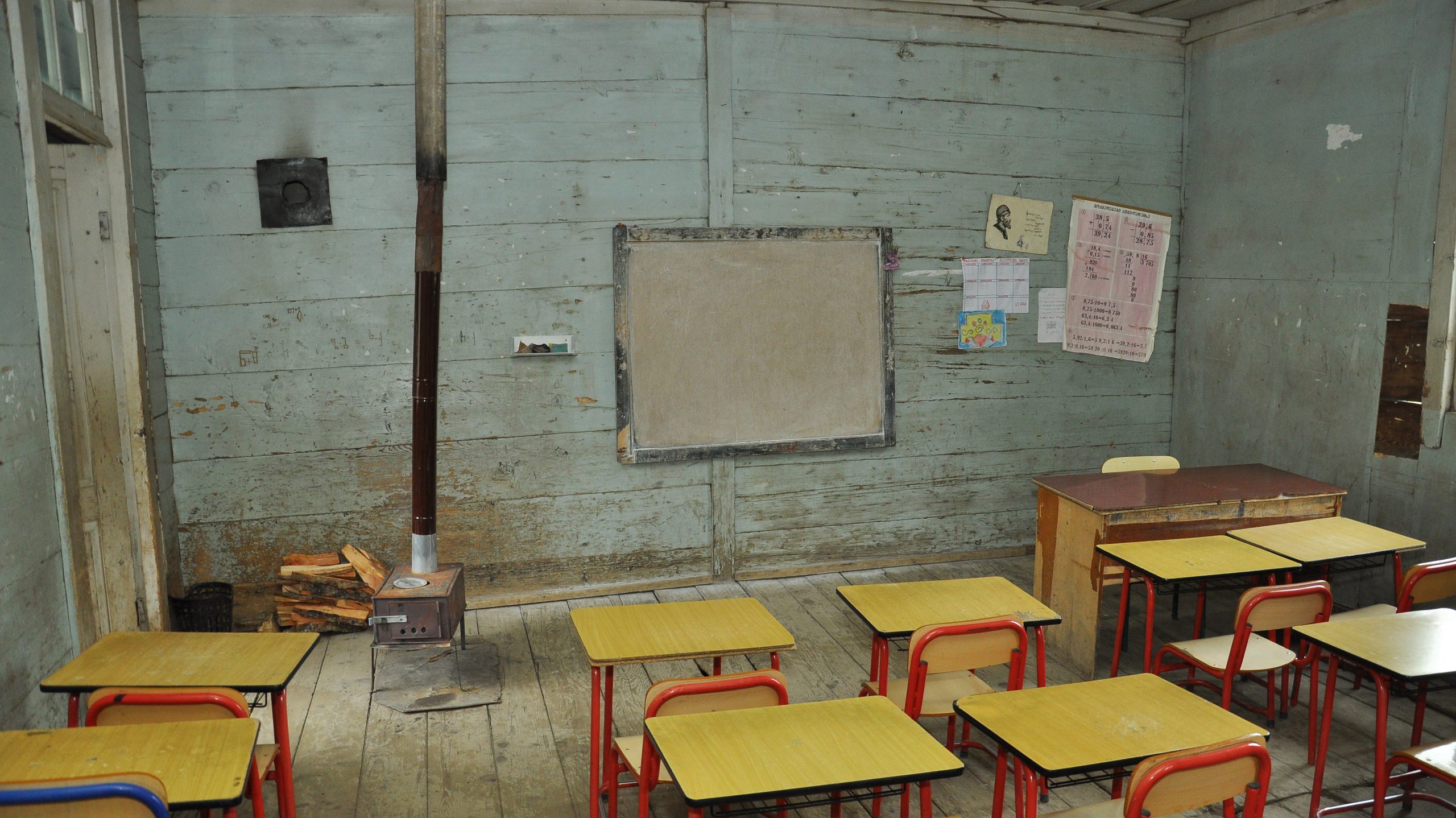 Obviously, there are many others. However, very generally, this is what we have for today.
Obviously, there are many others. However, very generally, this is what we have for today.
In Georgia, regulations include technical aspects such as one-meter distancing, thermal screening, safeguarding hygiene and sanitation as well as school management issues – e.g. schools can set the opening themselves (e.g. 08:30, 09:00, 09:30), they can have different shifts and most importantly – they can use distance learning opportunities starting from Grade 5. It is obligatory to conduct classes in school until grade 4 (which is a must, of course).
There are other minor regulations which can and should be followed of course, however, the regulations say what to do. They do not mention anything about how to do it.
Now, despite all the negative effects, I believe that COVID19 experience can actually be used positively, too, and the system can benefit from it a lot. One example is that most of the teachers who did not know anything about technology, learned it very quickly. Another issue is distance learning. The schools would start using it, especially in the 11th and 12th grade when students almost did not attend any of the classes and prepared for the national exams with or without private tutors.
However, for all that to work, we need a structured approach. More specifically, schools need more support both from the state as well as from donors and CSOs. These include:
- Effective teacher supporting mechanisms such as training opportunities, specifically in distance learning and assessment, e.g. flipped learning method that could be used very effectively even without the pandemic.
- More structured educational resources such as homework packages / set of assignments, thematic videos and so forth.
- Relevant and practical instructions and guidelines in terms of reopening plans. More specifically:
- teaching and learning. E.g. teaching in the transitional period – more focus on relationship and socio-emotional needs rather than content; how to use assessment to identify areas where students would need additional support; how to use TV School in teaching practices or how to use different platforms such as ck12.org and so forth.
- School management – how to perform quality management during the blended learning when part of school time is traditional and part – online.
- Communication with external stakeholders such as CSOs, donors, private sector, universities including with their students regarding volunteer work. These are the organizations which have resources and the will to help. Sometimes, schools do not have the capacity or understanding of how to approach them and how to effectively communicate. These are the times when that sort of competence is highly valued. Schools need additional support with that.
- Strengthening parental engagement opportunities and capacities – unfortunately, parents lack both technological capacities as well as the understanding of the importance of their engagement in school life. On the other hand, schools need support in strengthening this area of work, because for the blended learning to work, parents would need to take on a serious role and responsibility.
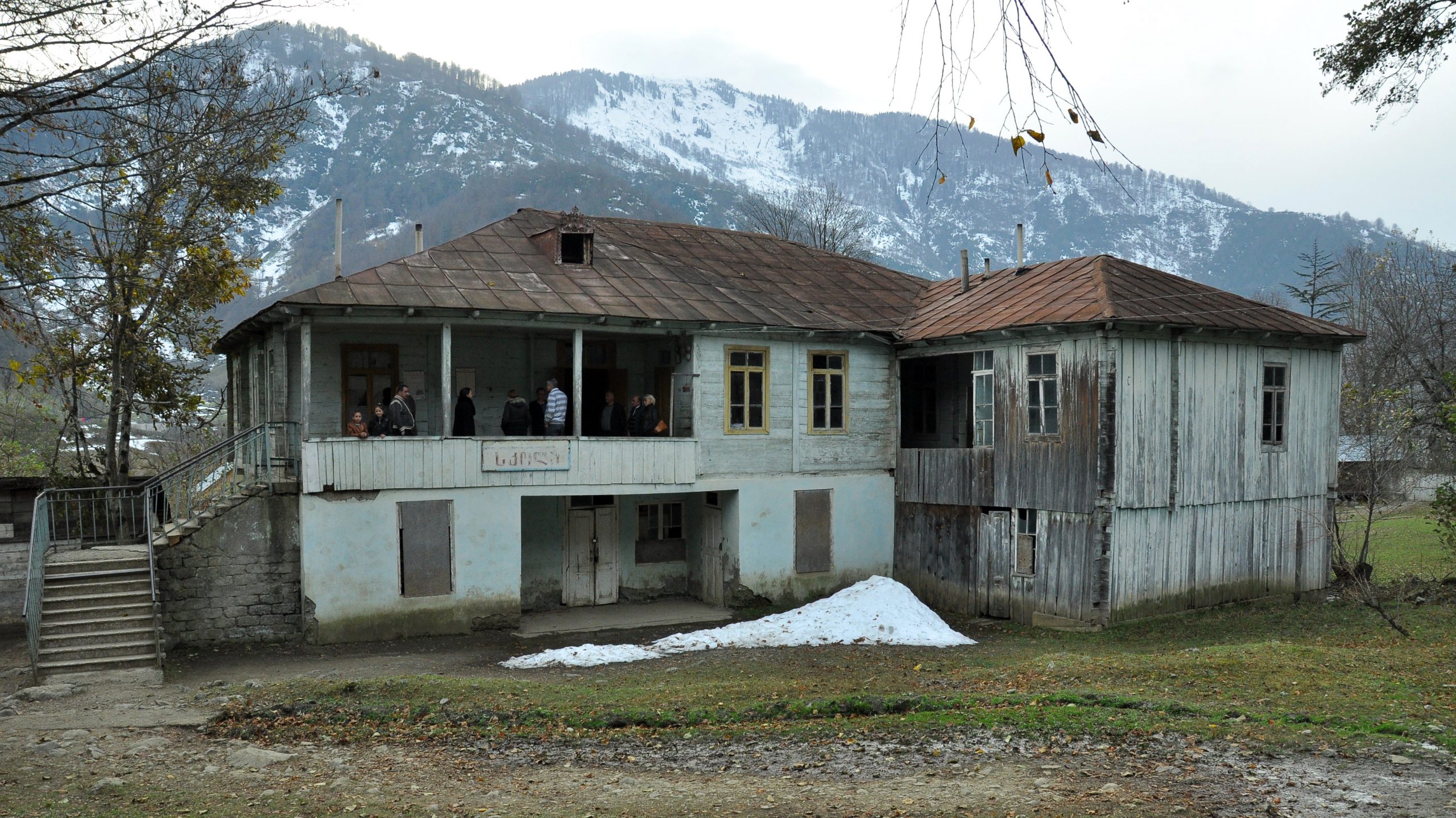 Overall, there needs to be a coordinated effort from all sides for this to work. CSOs could take on an important role and push the government to do more for schools and for the children.
Overall, there needs to be a coordinated effort from all sides for this to work. CSOs could take on an important role and push the government to do more for schools and for the children.
Unfortunately, there is very little discussion about pre-school and kindergarten. Sadly, the awareness and understanding of the importance of this period for children is also very limited amongst the society. People do not consider it as a priority. I do hope there would be more discussions and engagement for this sector, too.
This article was produced by George Chanturia, the Project’s local correspondent and EaP Civil Society Fellow from Georgia in the framework of the EU-funded ‘Eastern Partnership Civil Society Facility – Regional Actions’ Project. Its contents are the sole responsibility of George Chanturia and do not necessarily reflect the views of the European Union or the Project. The photos are provided by the Local Correspondent.
Read more about our local correspondents here.



